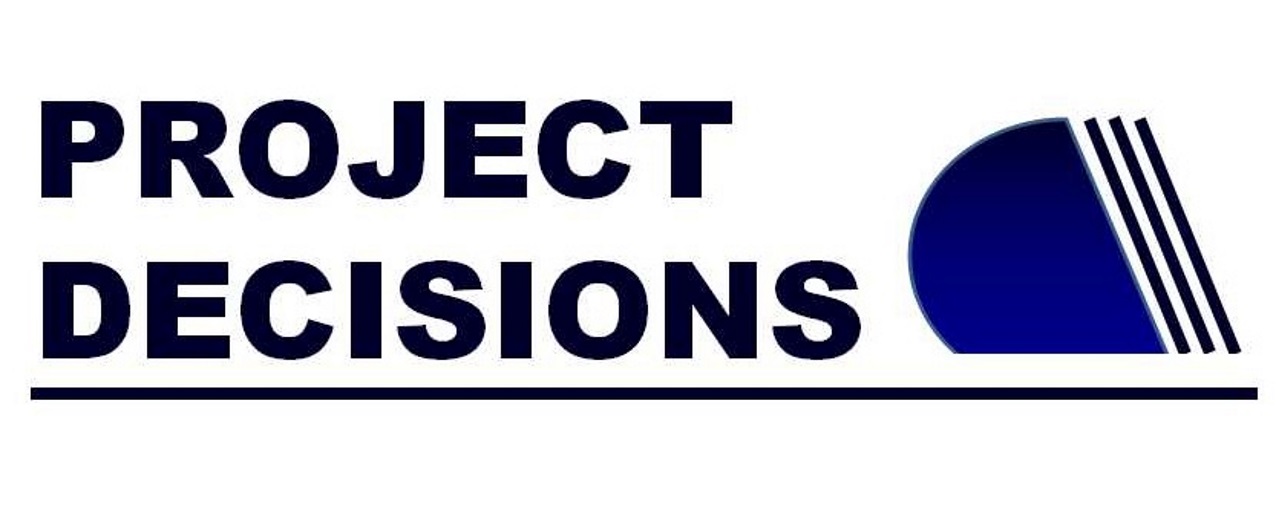Preface
Test Your Judgment
Answers to Judgment Test
Part I: Why Do Good Managers Make Poor Project Decisions?
Chapter 1. Mental Errors in Project Management
- The Power of Misplaced Perception
- Why Do We Make Irrational Choices?
- Mental Errors in Project Management
- Mental Errors or Intention?
- Why Is Recognizing and Dealing with Mental Errors so Difficult?
Chapter 2 Analysis vs. Mental Errors
- Why Don’t People Perform Even a Simple Analysis?
- Overconfidence
- Confirmation Bias
- Optimism Bias
- Analysis Is Not Trivial
- What Is the Value of the Analysis?
Chapter 3. Choice Engineering
- The Processes vs. Mental Errors
- What Is Choice Engineering?
- Policing vs. Choice Engineering?
- When Policing Is Necessary
- A Few Ideas Behind Choice Engineering
Part II: Travel Inside a Project Manager’s Mind
Chapter 4. Memory and Project Mental Errors
- Memory Errors in Project Management
- What Is a Memory?
- Reconstructive Memory
- How Memories Are Created
- How to Improve Your Ability to Memorize
- Do Memory Exercises Actually Work?
- Using Choice Engineering to Mitigate Memory Errors
Chapter 5. Emotions in Project Management
- The Head-buttFelt Around the World
- Our Emotional Choices often are Not the Best Ones
- Emotional Intelligence
- How to Become Emotionally Intelligent: A Choice Engineering Approach
Chapter 6. Behavioral Traps
- Sunk Cost
- Time Bombs
- Prudence Traps
- Collective Traps
Chapter 7. Heuristics and Biases
- How Project Managers Became “Gamblers”
- Availability Heuristic
- Anchoring
- Representativeness and Stereotypes
- Some Other Heuristics and Biases
Chapter 8. What Makes Your Project Team Happy?
- Why Are We Talking About Happiness in Project Management?
- Why Did Eliot Spitzer Do It?
- Why Some People are Happier than Others
- Habituation
- Why Time Seems to Pass More Quickly as We Age
- Managing Exceptions
- How Happy are You in Your Project Team?
Part III: Project Analysis vs. Mental Errors
Chapter 9. How to Process Project Information
- My Dentist Has a Very Nice Website
- All Marketers Are Liars
- “Time Zone” Trick in Project Management?
- “Peak-end” Rule in Project Management
- Filtering Information for Your Project
- I Did Not Read This Book, But I Know I Do Not Like It
- Any Suggestions about What to Do?
Chapter 10. An Expected Value Manifesto
- How to Win a Lottery
- How Project Managers Ignore Expected Value
- Incorrect Probability and Incorrect Expected Value
- How to Choose a Scenario Based on Multiple Conflicting Objectives
Chapter 11. Project Risks and Mental Errors
- Which Risk Is the Most Dangerous?
- Are You Afraid of Falling Asteroids?
- What is Risk Attitude?
- Why People Have Different Attitudes towards Risk
- Paradoxes with Estimation of Probabilities
- Gambler’s Fallacy and Statistical Independence
- Loss Aversion in Project Management
- Risks vs. Opportunities
Part IV: Choice Engineering
Chapter 12. The Power of Adaptation
- Processes Are Always Changing
- What Is Adaptive Management?
- How Adaptive Management Works
- Barriers to the Acceptance of Adaptive Management
- Tendency to be Consistent
- Status Quo Bias
Chapter 13. What to Do About Risks
- Make It Simple
- Strategies for Dealing with Risks
- How to Build a Rocket or Risk Ranking
- Should We Protect Commercial Airplanes Against Surface-to-Air Missile Attacks by Terrorists?
- Zero-risk Bias
- Risk Engineering
- When Quantitative Risk Analysis is Necessary
Chapter 14. Choice Engineering for Organizations
- Are You Borg?
- Don’t Be Evil!
- Disclosure Therapy
- What to Do to Make Your Team, Your Clients, and Your Boss Happy
- What to Do to Make Yourself Happy and Spread the Virus of Happiness
Conclusions
Appendixes
Appendix A: 14 Defenses against Project Illusions
Appendix B: Heuristics, Biases, Traps, and Other Psychological Effects in Project Management
Appendix C: Risk and Decision Analysis Software
Appendix D: Professional Associations, Societies, and Groups in the Area of Risk and Decision Analysis
Appendix E: Decision and Risk Analysis Journals
References
Index

